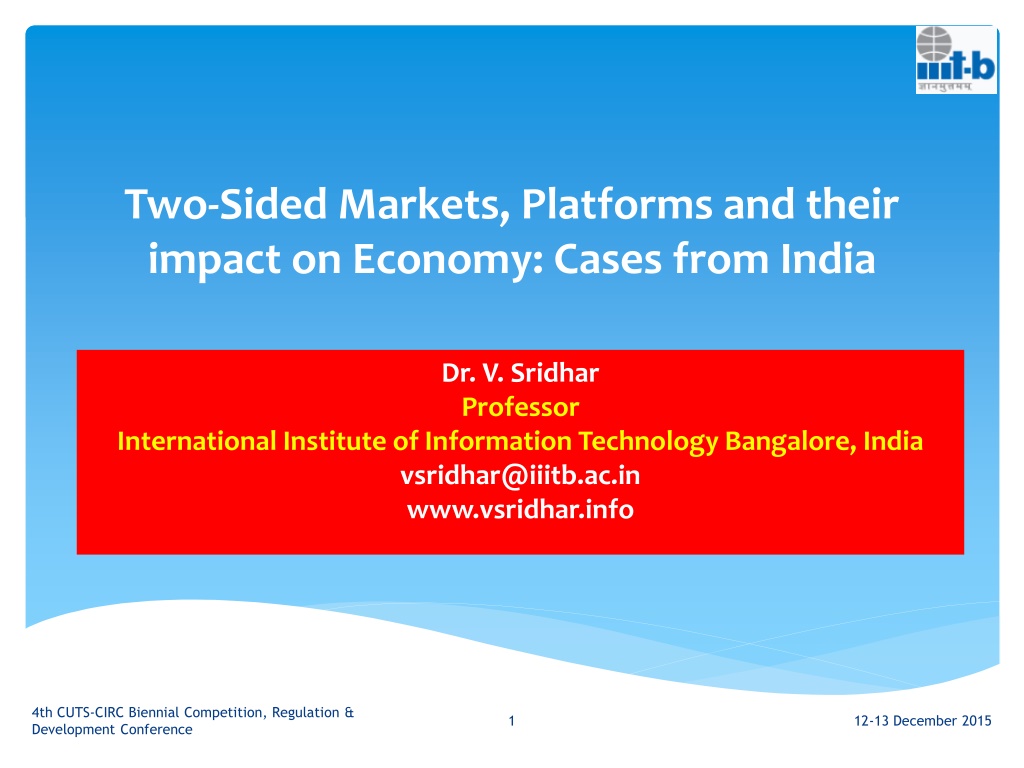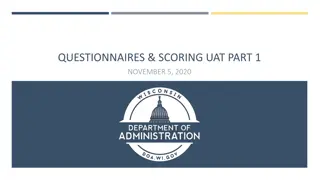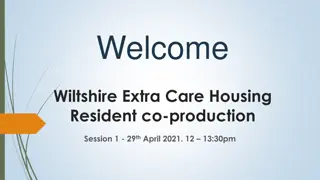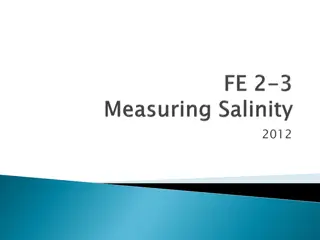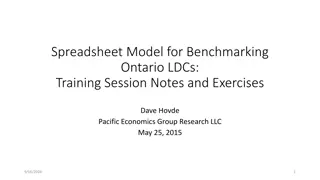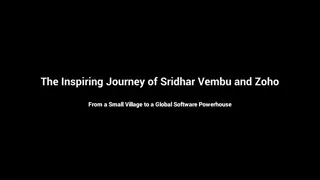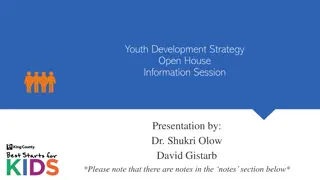Understanding Two-Sided Markets and Platforms in India
Explore the impact of two-sided markets and platforms on the Indian economy, focusing on factors like mobile broadband growth, startup ecosystems, characteristics of pricing models, and the taxonomy of e-commerce. Learn about asymmetrical competition dynamics, winner-take-all effects, and regulatory interventions shaping the digital landscape in emerging markets.
Download Presentation

Please find below an Image/Link to download the presentation.
The content on the website is provided AS IS for your information and personal use only. It may not be sold, licensed, or shared on other websites without obtaining consent from the author. Download presentation by click this link. If you encounter any issues during the download, it is possible that the publisher has removed the file from their server.
E N D
Presentation Transcript
Two-Sided Markets, Platforms and their impact on Economy: Cases from India Dr. V. Sridhar Professor International Institute of Information Technology Bangalore, India vsridhar@iiitb.ac.in www.vsridhar.info 4th CUTS-CIRC Biennial Competition, Regulation & Development Conference 1 12-13 December 2015
ICT parameters of India (ITU, 2014; IAMAI, 2015) Mobile broadband subscribers Mobile broadband Penetration per 100 pop While Internet in India took more than a decade to move from 10 million to 100 million and 3 years from 100 to 200 million, it took only a year to move from 300 to 400 million users. (IAMAI, 2015)
Global Start-up Ecosystem Ranking (Compass, 2015)
Two-Sided Markets and Platforms (2SMP) Cab Drivers Cab Seekers Product/ Service providers Information seekers Job seekers Job Providers Same-Side Network Effect Seller Two-Sided Market Platform User Set 2 User Set 1 Buyer Cross-Side Network Effect Patients Doctors Publishers Readers Rochet & Tirole, 2004 4th CUTS-CIRC Biennial Competition, Regulation & Development Conference 4 12-13 December 2015
Characteristics of 2-SMP Pricing (Prasad & Sridhar, 2014) Asymmetric Money side, subsidy side Competition (Eisenmann, et al., 2006) Platforms tend to get commoditized Increasing returns to scale Winner-take-all Monopoly or oligopoly Waterbed effect (Economides & Tag, 2012) Single-home or multi-home Compete for single-home users Charge premium on multi-homing side to subsidize single- homing side
Taxonomy of e-Commerce Decreasing search cost Directory Services Disintermediation Regulatory Intervention Economic Value- Add Aggregator Platforms Liability E-Market Places In emerging markets, many market verticals are relatively unorganized compared to developed markets; there is often information asymmetry leading to high search costs and arbitrage opportunities; 4th CUTS-CIRC Biennial Competition, Regulation & Development Conference 6 12-13 December 2015
Regulatory Arbitrage Market Efficiency Competition Social Benefits Platform Cab Drivers Cab Seekers Ola Cabs Service Providers Information Seekers JustDial Job Providers Job Seekers Babajob Advertisers, Readers of e- Books Readers of newspapers DailyHunt Hospitals, Labs Patients Practo 4th CUTS-CIRC Biennial Competition, Regulation & Development Conference 7 12-13 December 2015
Competition Issues Increasing economies of scale due to network effects Oligopoly or even monopoly results -> reduction in consumer welfare Horizontal and vertical integration -> public benefits (Rogers, 2015) Platforms tend to get commoditized -> barriers to entry is less Predatory pricing VC investments Short term vs. long term Regulatory arbitrage Level-playing field with incumbents May reduce efficient use of economic resources (Weber, 2014) Social costs (privacy, labour benefits) < Social Benefits 4th CUTS-CIRC Biennial Competition, Regulation & Development Conference 8 12-13 December 2015
Regulatory Guidance Regulatory rules for e-Commerce to be different compared to the traditional brick-and-mortar business Mandatory compliance Cabs should run on LPG -> environmental protection Background check of housemaids -> improve security Content editing in mobile news -> social harmony Background verification of Doctors -> patient wellness Food safety check -> protect health of foodies Other market regulatory rules Fare regulation -> reduces market efficiency Additional taxation -> increases platform costs FDI regulation-> reduces overseas investment 4th CUTS-CIRC Biennial Competition, Regulation & Development Conference 9 12-13 December 2015
